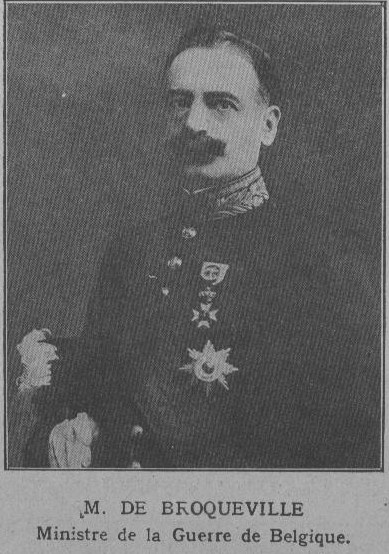The Liberal Party of Andorra is a liberal and conservative-liberal political party in Andorra. It is a member of the Liberal International and the Alliance of Liberals and Democrats for Europe.
The Autonomist Liberal Party, renamed usually semplified in Liberal Party in 1898, was one of major parties from 1910 until the Cuban Revolution the late 1950s, when it was exiled.

General elections were held in the Netherlands on 5 July 1922. They were the first elections held under universal suffrage, which became reality after the acceptance of a proposal by Henri Marchant in 1919 that gave women full voting rights. Almost all major parties had a woman elected. The number of female representatives increased from one to seven. Only the Anti-Revolutionary Party principally excluded women from the House of Representatives. Another amendment to the electoral law increased the electoral threshold from 0.5% to 0.75%, after six parties had won seats with less than 0.75% of the vote in the previous elections.

Parliamentary elections were held in Austria on 24 April 1983. The result was a victory for the Socialist Party, which won 90 of the 183 seats. However, the Socialists lost the outright majority they had held since 1971, prompting Bruno Kreisky to stand down as SPÖ leader and Chancellor in favour of Fred Sinowatz. The SPÖ stayed in office by entering into a coalition government with the Freedom Party of Austria, which at this point was a liberal party. Voter turnout was 92.6%.
The Democratic Party is a center-right party in Bulgaria led by Alexander Pramatarski. The party is a member of the European People's Party (EPP).
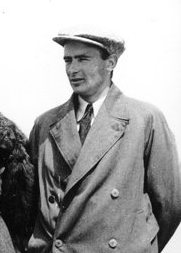
Parliamentary elections were held in Norway on 9 and 10 September 1973. The Labour Party remained the largest party, winning 62 of the 155 seats in the Storting.

Parliamentary elections were held in Greece on 31 March 1946. The result was a victory for the United Alignment of Nationalists, an alliance that included the People's Party, the National Liberal Party, the Reform Party, which won 206 of the 354 seats in Parliament. As a result Konstantinos Tsaldaris became Prime Minister leading a right-wing coalition. Nonetheless, he soon decided to resign in favor of Themistoklis Sophoulis, who led a government of national unity during the entire second phase of the civil war (1946–1949). One of the priorities of the new government was the proclamation of a plebiscite for the restoration of the Greek monarchy.
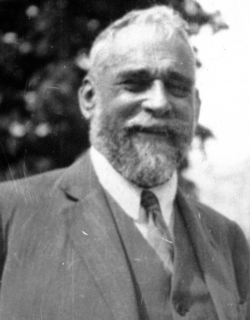
General elections were held in Romania in December 1937. The Chamber of Deputies was elected on 20 December, whilst the Senate was elected in three stages on 22, 28 and 30 December. The National Liberal Party remained the largest party, winning 152 of the 387 seats in the Chamber of Deputies and 97 of the 112 seats in the Senate elected by universal male vote, although it lost its majority in the Chamber. The party's unexpectedly poor showing meant they could not form a coalition with either their arch-rivals the National Peasants' Party or with the Iron Guard's Everything for the Country Party, King Carol II invited the poet Octavian Goga to form a government, despite the fact that his National Christian Party finished fourth and had an avowedly anti-Semitic platform.

General elections were held in Belgium on 17 February 1946. The result was a victory for the Christian Social Party, which won 92 of the 202 seats in the Chamber of Representatives and 51 of the 101 seats in the Senate. Voter turnout was 90.3%.

General elections were held in Belgium on 11 April 1954. The dominant Christian Social Party won 95 of the 212 seats in the Chamber of Representatives and 49 of the 106 seats in the Senate. Voter turnout was 93.2%. Elections for the nine provincial councils were also held.

General elections were held in Belgium on 1 June 1958. The result was a victory for the Christian Social Party, which won 104 of the 212 seats in the Chamber of Representatives and 53 of the 106 seats in the Senate. Voter turnout was 93.6% in the Chamber election and 93.7% in the Senate election. Elections for the nine provincial councils were also held.
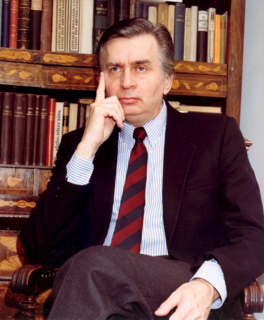
The 1990 Hungarian parliamentary elections were held in Hungary on 25 March 1990, with a second round of voting taking place in all but five single member constituencies on 8 April. They were the first completely free and competitive elections to be held in the country since 1945, and only the second free elections in the country's history. The conservative, nationalist Hungarian Democratic Forum (MDF) beat the liberal and more internationalist Alliance of Free Democrats, which had spearheaded opposition to Communist rule in 1989, to become the largest party in parliament. The Hungarian Socialist Party, the former Communist party, suffered a crushing defeat, winning only 33 seats for fourth place.

Parliamentary elections were held in Hungary on 8 May 1994, with a second round of voting in 174 of the 176 single member constituencies on 29 May. They resulted in the return to power of the Hungarian Socialist Party, the former Communist party, under the leadership of Gyula Horn, who became Prime Minister. The Socialists achieved a remarkable revival, winning an overall majority of 209 seats out of 386, up from 33 in 1990. At the time, it was the most seats that a Hungarian party had ever won in a free election.

Full general elections were held in Belgium on 14 October 1894, with run-off elections held on 21 October 1894.
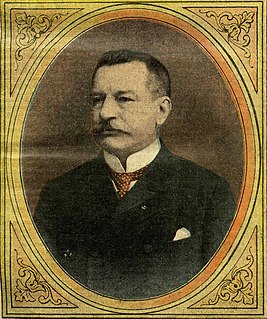
Partial general elections were held in Belgium on 22 May 1910. The result was a victory for the Catholic Party, which won 49 of the 85 seats up for election in the Chamber of Representatives.

Full general elections were held in Belgium on 2 June 1912.

Partial general elections were held in Belgium on 24 May 1914. The result was a victory for the Catholic Party, which won 41 of the 88 seats up for election in the Chamber of Representatives.

Parliamentary elections were held in Hungary on 16 November 1958. They were the first elections held after the Hungarian Revolution of 1956. The Communist Hungarian Working People's Party had been reorganized as the Hungarian Socialist Workers' Party, under the leadership of a more moderate Communist, János Kádár. However, as was the case during the era of Mátyás Rákosi, voters were presented with a single list of Communists and pro-Communist independents. The Socialist Workers' Party won 276 of the 338 seats, with the remaining 62 going to independents.

Parliamentary elections were held in Romania on 28 March 1948. They were the first elections held under undisguised Communist rule; King Michael had been forced to abdicate in December.

The National Liberal Party was a political party in Bulgaria.




